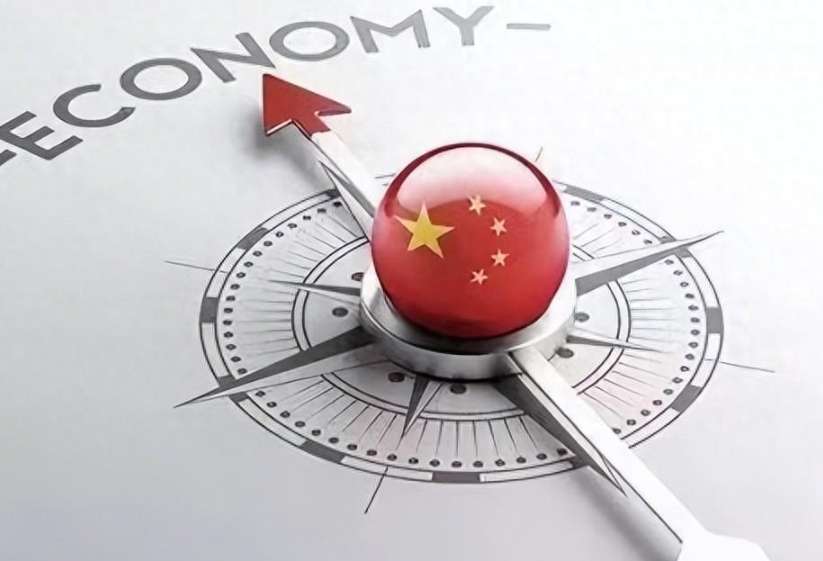In contemporary society, the issue of wealth distribution has become one of the central themes in economic discourse. Various scholars, economists, and policymakers have engaged in fervent discussions, attempting to devise the most effective systems for a fair distribution of wealth that would ideally benefit everyone. Yet, conventional views often narrow down the discourse to equity in wealth sharing, potentially overshadowing crucial aspects that make an economy vibrant and innovative.
The traditional belief hinges on the premise that striving for fairness in wealth distribution is the bedrock of social development. However, a nuanced analysis reveals that this pursuit might not only be fruitless but could also inadvertently stifle economic vitality and creativity. Hence, the conversation needs to evolve towards exploring systems that foster both opportunity and responsible responsibility.
One of the more pragmatic and effective strategies in this regard is the imposition of restrictions on inheritance and the gifting of property. Such limitations aim to interrupt channels that lead to unearned wealth accumulation, a crucial step in establishing a more equitable economic environment.
Without reasonable restrictions on inheritance and asset gifting, society may witness the emergence of a privileged class that thrives on unearned income. This risible scenario leads not only to wastefulness concerning societal wealth but also exacerbates inequality, potentially engendering an impenetrable elite stratum. Consequently, the typical citizen's ascension to prosperity becomes more challenging, a situation often illustrated by the concept of "rich second-generation" individuals who inherit wealth but lack the drive or capability to build their own.

Therefore, the limitation of property inheritance and gifts emerges as a pivotal mechanism to prevent a select few from monopolizing social resources and wealth. By constraining the transfer of wealth to the next generation without merit, society stands a better chance to stimulate equity, bolster economic dynamism, and unleash innovative potential.
Implementing stringent limits on property inheritance and gifting implies that individuals must rely on their own efforts and intellect to maintain and expand their wealth. Such a framework creates a level playing field for all young people, irrespective of their origins, enabling them to aspire to success through their hard work and determination. This system undoubtedly sets off a chain reaction, invigorating the overall dynamism and creativeness of society.
Taking the United States as a case study, the high inheritance tax compels numerous wealthy individuals to opt for donating a sizable portion of their assets to charities while they are still alive, rather than directly passing them on to their descendants. This practice, while ostensibly aimed at tax avoidance, inadvertently contributes to a wider distribution of wealth and reinforces social welfare initiatives.
As a result, curtailing inheritance and property gifting effectively curbs the tendency of individuals who prefer to inherit wealth without willing to put in the necessary effort to create or maintain it. Such a shift drives individuals to depend on their competencies and endeavors to preserve or enhance their fortunes, inherently promoting societal advancement and the sustained progression of the economy.
In a society where individuals are compelled to earn their wealth, status, and recognition through their own labor, a genuine sense of fairness emerges. This also plays a pivotal role in alleviating the rigidity of social strata, enabling a more fluid structure that allows individuals to flourish based on skill rather than privilege.
For wealth creators, knowing they cannot entirely bequeath their fortunes to their offspring might lead them to adopt a more rational approach when it comes to wealth creation and accumulation. Their motivations would ideally align more closely with societal norms, allowing them to generate greater wealth for society at large while simultaneously enhancing moral standards.
Ultimately, while achieving absolute equality in wealth distribution is unrealistic and could verge on economic decay, imposing reasonable constraints on wealth inheritance is crucial. When affluent individuals become aware that their amassed wealth serves the broader societal good, it not only awakens their sense of ethical responsibility but also fundamentally enhances the constructive progression of society.
Moreover, instituting restrictions on inheritance and gifting extends beyond mere fiscal policy—it fosters a deeper sense of personal development and social responsibility among members of society. In such an environment, individuals may prioritize the development of their skills and continuous education, understanding that to secure their place in society, they must consistently refine their capabilities.
Simultaneously, this structure can spur an increase in charitable behaviors. As wealthy individuals recognize that their fortunes cannot seamlessly pass to their children, they might become more inclined to allocate resources towards education, healthcare, and scientific research. This pivot enhances societal welfare, contributing to significant advancements across various sectors.
In summary, the limitations placed on property inheritance and gifting are not designed to strip individuals of their property rights, but rather constitute a necessary measure to uphold social fairness and invigorate economic dynamism. Through such an approach, we can establish a more just and inclusive society, allowing every individual the opportunity to pursue their dreams independently of their socioeconomic background.
By fostering an environment where effort and meritocracy reign supreme, society can collectively advance towards a more prosperous future. This progressive step will create avenues for every individual to leverage their talents and hard work in the quest for success.
Ultimately, as we embark on this journey of redefining wealth distribution and inheritance norms, we pave the way for a more equitable and vibrant society. Let us strive to construct frameworks that ensure every person's potential is realized through their determination, contributing to the overall flourishing of our communities.